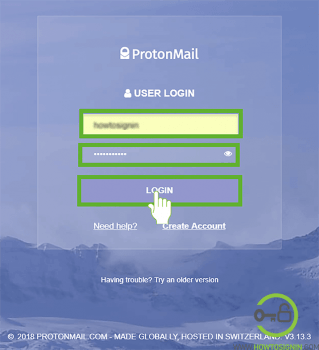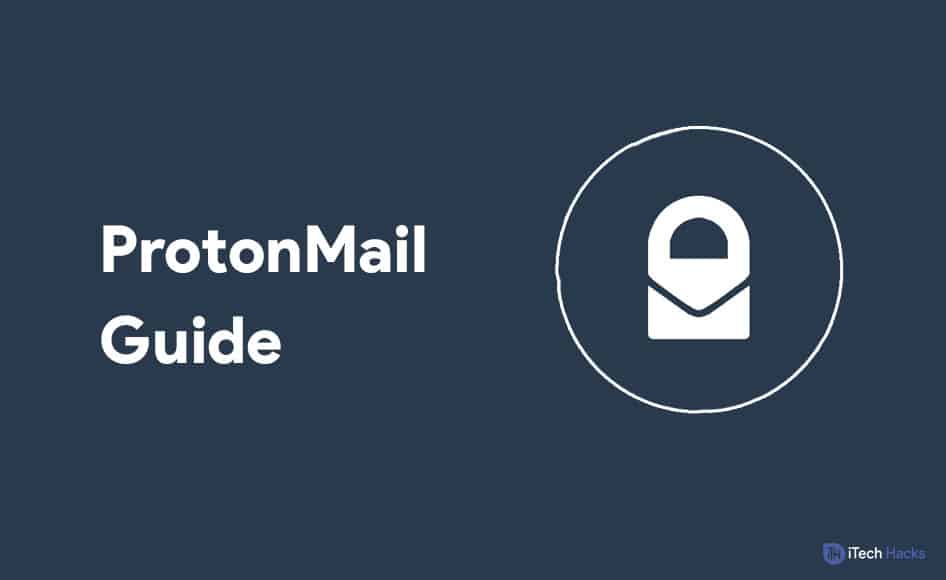


One of the reasons privacy doesn’t really exist much online today is because there’s no competition. People always want more security and privacy. Today, if you go out and ask the average consumer, do they trust Google? Do they trust Facebook? Do they feel that their data is being adequately secured? Do they feel like they’re given the right amount of privacy online? The answer is no. And what is becoming more and more clear is that these are actually one issue. Can you explain why?įor a long time, people looked at antitrust and privacy as separate issues. ) Proton recently lent its support to two antitrust bills in the U.S. ( For coverage of the future of work, visit /charter and sign up for the free Charter newsletter. So of course being from Taiwan does inform your worldview and your opinion, and I think the reason I created Proton, and the reason that I’m very deeply committed to our mission, is because there is a direct link between what we do and what I see, as ensuring that democracy and freedom can survive in the 21st century. And you saw that once you lost privacy, when you lost freedom of speech, you lost democracy, you lost freedom. In Hong Kong, which is culturally and geographically very close, we saw how, within a very short period of time any semblance of freedom of speech, privacy, disappeared, right.

Can you explain how that influenced your approach to leading Proton?Ĭoming from Taiwan, you are, in many ways, on the frontlines of the battle between democracy and freedom. If you build something that is inherently private, it also tends to be more secure. What many people maybe don’t understand is that privacy and security are actually two sides of the same coin. Security is really your culture, your ethics, the way in which you build software. I don’t think security is a function of how big a company is, or how much money you have. And using end-to-end encryption everywhere helps with that. So a very good angle of protection is privacy first. So if we don’t have access to user data, if we’re not collecting and categorizing your most sensitive information, it’s not actually possible for an attacker to steal from Proton something that we do not possess. The best way to protect data is actually to not have it in the first place. They have the capacity to act much more quickly than a smaller company like yours. And one school of thought is that Google has teams of thousands of cybersecurity hands, and they can patch a vulnerability quickly after it is found. There have been several recent high profile incidents of web services being hacked.


 0 kommentar(er)
0 kommentar(er)
